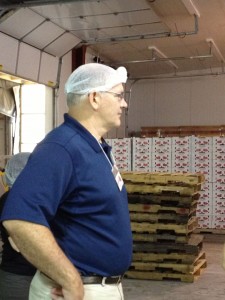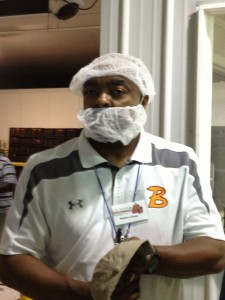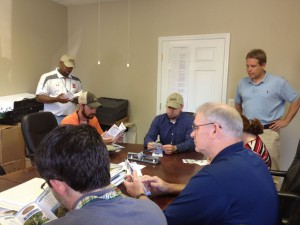When Coleridge wrote The Rhyme of the Ancient Mariner, he penned these lines:
And all the boards did shrink;
Water, water, every where,
Nor any drop to drink.
I don’t think Coleridge had any idea how those words would prove so prophetic in this day. The poem tells the story of a mariner who is condemned to wander the earth telling his story: as his ship is driven off course, the mariner and his crew panic, only believe they were led to safe passage by an albatross flying around the ship. Like most blessings, the albatross gets on the mariner’s nerves, and he kills the bird, coinciding with more bad luck. Plagued by thirst and hunger, the ship’s crew forces the “murderer” to wear the corpse around his neck as punishment. The short-skinny: the crew members die off, the slimy creatures in the water (the ones the mariner cursed earlier in the poem) appear to want vengeance, and the mariner begins to pray. Kablooie! The albatross falls from the man’s neck, and his friends come back to life. Faith is a powerful thing!
The big question: Which is the “albatross?” The Common Core/Essential Standards or the “Demon Technology?”
The answer could vary from day to day. However, like the mariner when encounter by the creepy-crawlies, I prefer to have faith. The Common Core/Essential Standards are fine by me, and the thought of searching for informational texts on line is something I reconciled myself with many years ago; in fact, I embrace the practice. Using technology as a vehicle to create instead of a big ole’ digital library is an exciting yet welcome challenge.
My albatross? Infrastructure, hardware, and sustainability. I don’t want to be trapped…
And server support did stink;
Students, teacher, every where,
Nor any place to link.
So…I pray.
God, grant me the serenity to accept the things I cannot change,
The courage to change the things I can,
And wisdom to know the difference.









